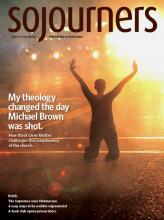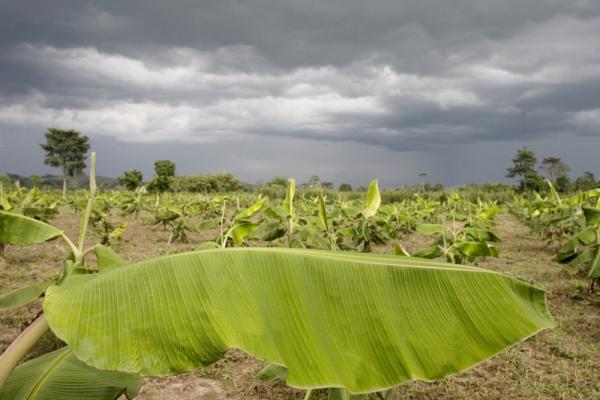THE DEMOCRATIC REPUBLIC of Congo is one of the world’s poorest countries. In 2014, Congo ranked 186 out of 187 on the United Nations’ human development index—vying with Niger for the bottom of the list.
Yet Congo is extremely rich in soil, water, forests, and minerals. Diamonds, copper, gold, oil, uranium, and coltan are all mined, purchased, and traded from the DRC.
Coltan is the ore used in electronic devices. The so call “war of coltan” in the mineral-rich eastern Congo has left millions dead and more than a million women raped. Transnational corporations are able to exert extreme pressure on Congo’s weak government and economy. As a result, the country’s natural resources have become an important factor in increasing poverty and violence rather than wealth and development.
The Catholic bishops in Congo (about half of the country’s population is Catholic) repeatedly have denounced three specific kinds of evil: a climate favoring genocide, outbreaks of religious fundamentalism, and a push toward Balkanization.
Sébastien Muyengo, author of In the Land of Gold and Blood, is the Catholic bishop of Uvira in eastern Congo. As a result of the mineral wars, he writes, the country’s poverty has become a mental, human, and structural poverty, rather than predominantly material. Yet Congo has resources the rest of the world wants.
Read the Full Article

